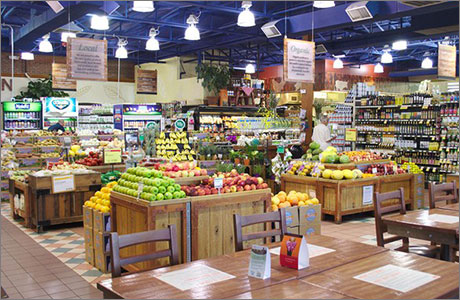According to industry experts attending the three-day mega food business event being held at Bandra Kurla Complex, Mumbai, the Indian food industry constitutes 57 per cent of the country’s total retail business and is expected to grow 3.5 times by the year 2025, taking the total worth to Rs 71,000 billion.
Demonetization is going to prove the driving force for the industry, as consumers and businesses are forced to transition to modern retail formats and to an environment of higher compliance.
Special Advisor to the Prime Minister, Lesotho and Guinea – Bissau, Deepak Vohra, said, “Indian food is the biggest attraction for the Western world. There is huge opportunity waiting for the food industry in the world. to Forum 2017 at BKC, here, agreed on the fact that MNCs have hugely impacted the Indian markets and also consumers. The biggest description according to the experts, Indian food market has encountered, is the MNC invasion. Apart from foreign companies, indigenous entrepreneurs and home delivery start ups who provide world-class products at affordable prices.”
“Indians are now more inclined towards luxury food, rather than healthy food. With the entry of new players, ‘Home Made Foreign Food’ is also being increasingly popular. However, while there is visible change in eating habits and market textures in some parts of the country, many are still untapped,” added CEO, Grocery Retail, Reliance Retail, Damodar Mall.
According to MD, Capital Foods, Ajay Gupta, the rural market has huge potential which can do wonders, if exploited systematically.
Confounder, Grocermax, K Radhakrishnan added, “Future consumers, who would start earning after four years, hold the key to future business. Their eating and cooking preferences would set the tone of the market at large.”
MD, Pizza Hut (India Subcontinent), Yum! Restaurants, Unnat Verma, noted, “New consumers will have altogether different needs and mobile app based services will be crucial in the times to come. Value for money and time will be deciding factor as far as consumer attraction is considered over next four to five years.”
With growing awareness among consumers, Indian kitchens have become more technical and food more assembled and fashionable, rather than cooked. Young generation is exploring global cuisines due to exposure. With rapidly changing shopping pattern and perception of the young generation, manufacturer and retailers need to work out a sustainable business module.
“We as manufacturers expect proactive support from retail stores. They should allow innovation to encourage new ideas in food sector,” said Director, Director, Gits Foods, Sahil Gilani, while COO, Max Hypermarket, Ponnu Subramanian, said, “Retailers have to ensure revenue generation. Optimum use of shelf space is the key to maximise revenue. A sustainable business module can be the solution for the needs of both manufacturer and retailers.”








Add Comment